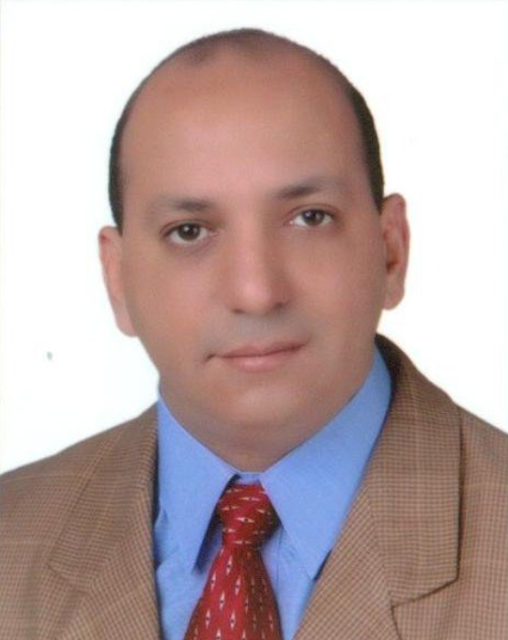 |
| Mr. Sameh Selim |
Mr. Sameh Selim: Investing in History to Strengthen Economic and Diplomatic Relations
Investing in History to Strengthen Economic and Diplomatic Relations
History—more precisely, the narration and acknowledgment of historical facts—is a cornerstone in building and enhancing economic and diplomatic ties. Revisiting and investing in the past, even when it is painful, is one of the most effective forms of soft power, capable of reaching deep into the conscience of both people and their governments, regardless of how powerful, wealthy, or even ideologically rigid they may be.
A nation should never seek to erase or obscure its history, even when parts of it are dishonorable. On the contrary, recognizing difficult or controversial historical events adds credibility, transparency, and objectivity to its international relationships. For example, the Armenian massacres are a tragic chapter in history. Even if Turkey and Armenia move toward reconciliation, denying such events risks damaging trust. History cannot be erased by the passage of time; former enemies can become present-day allies, and economic cooperation can emerge among new generations unburdened by the hatred of the past.
Historical facts are not only about political events or conflicts—they also exist in the lives of individuals: scientists, artists, thinkers, and even spies who lived in certain countries during specific eras. These figures can be strategically invested in for cultural, diplomatic, and economic benefits. A notable example is the famous French singer Claude François, who was born and raised in Ismailia, Egypt, during his father's tenure with the Suez Canal Authority before its nationalization. Afterward, his family returned to France, where he rose to stardom. Another example is Enrico Macias, the French singer of Algerian origin, whose life story also serves as a bridge between cultures.
Such personal and cultural histories can be harnessed to promote tourism, cross-cultural dialogue, and diplomatic goodwill. Across the world—from the United States to Europe to South Africa—museums preserve the memory of painful chapters, such as racism and colonialism, alongside stories of progress and resistance. These spaces not only serve as places of remembrance but also as tools for reconciliation and learning.
Ultimately, the memory of history never disappears. Time may pass, but the lessons and stories endure. By embracing and investing in history, countries can reap rich rewards in diplomacy, culture, and economic growth.
Post a Comment